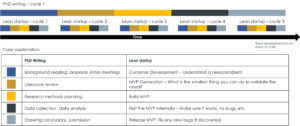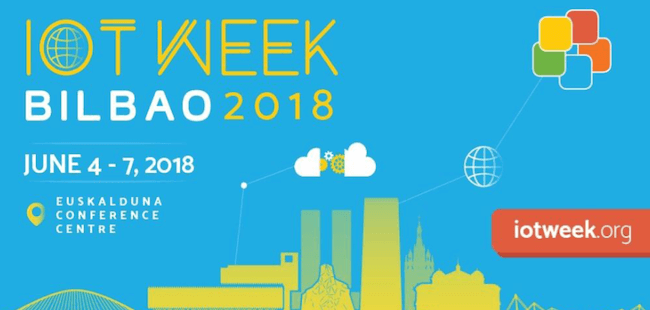Even if you are not sure you know what lean methodology means, you may be implementing it without realizing. The lean methodology implies aiming to achieve zero waste in various business fields such as time, money, talent, credibility, motivation, information and many others. Initially developed for the manufacturing industry, it later started to be applied in other sectors such as healthcare, logistics and software development.
Lean Startup is a structured methodology which aims to shorten product development cycles by adopting a combination of business-hypothesis-driven experimentation, iterative product releases and validate learning based on customer insights and data instead of opinion and hierarchy.
The 5 key principles of the methodology, as indicated by E. Ries, are:
- Entrepreneurs are everywhere. “You don’t have to work in a garage to be in a startup. The concept of entrepreneurship includes anyone who works within my definition of a startup: a human institution designed to create new products and services under conditions of extreme uncertainty. That means entrepreneurs are everywhere and the Lean Startup approach can work in any size company, even a very large enterprise, in any sector or industry”.4
- Entrepreneurship is management. “A startup is an institution, not just a product, and so it requires a new kind of management specifically geared to its context of extreme uncertainty. In fact, <…> “entrepreneur” should be considered a job title in all modern companies that depend on innovation for their future growth”.
- Validated Learning. “Startups exist not just to make stuff, make money, or even serve customers. They exist to learn how to build a sustainable business. This learning can be validated scientifically by running frequent experiments that allow entrepreneurs to test each element of their vision”.
- Build-Measure-Learn. “The fundamental activity of a startup is to turn ideas into products, measure how customers respond, and then learn whether to pivot or persevere. All successful startup processes should be geared to accelerate that feedback loop”.
- Innovative accounting. “To improve entrepreneurial outcomes and hold innovators accountable, we need to focus on the boring stuff: how to measure progress, how to set up milestones, and how to prioritize work. This requires a new kind of accounting designed for startups – and the people who hold them accountable”.
How is writing a PhD thesis similar to the Lean Model?
Merlin is an EU project which focuses on turning researchers into entrepreneurs, this is why it seemed appropriate to create a parallel analysis between the research method and the lean startup methodology.
Thesis writing process in this case has 5 distinctive parts:
- background research and initial meetings,
- literature review,
- planning of the research methods,
- collecting and analyzing data,
- drawing conclusions and submitting.
All of the parts are performed in a sequential order and each of them take a long time to finish. Whereas the Lean Startup methodology proposes the Minimum Viable Product idea which implies:
- doing customer research,
- building a small part of the product
- which can then be tested with real customers and
- improved according to the feedback.
Therefore, in the time it takes to finish a PhD thesis, the Lean Startup methodology allows to do several iterations and develop a product that was tested by the target customer.

The content of these blogs is taken from the deliverables developed as part of Merlin project.


Recent Comments